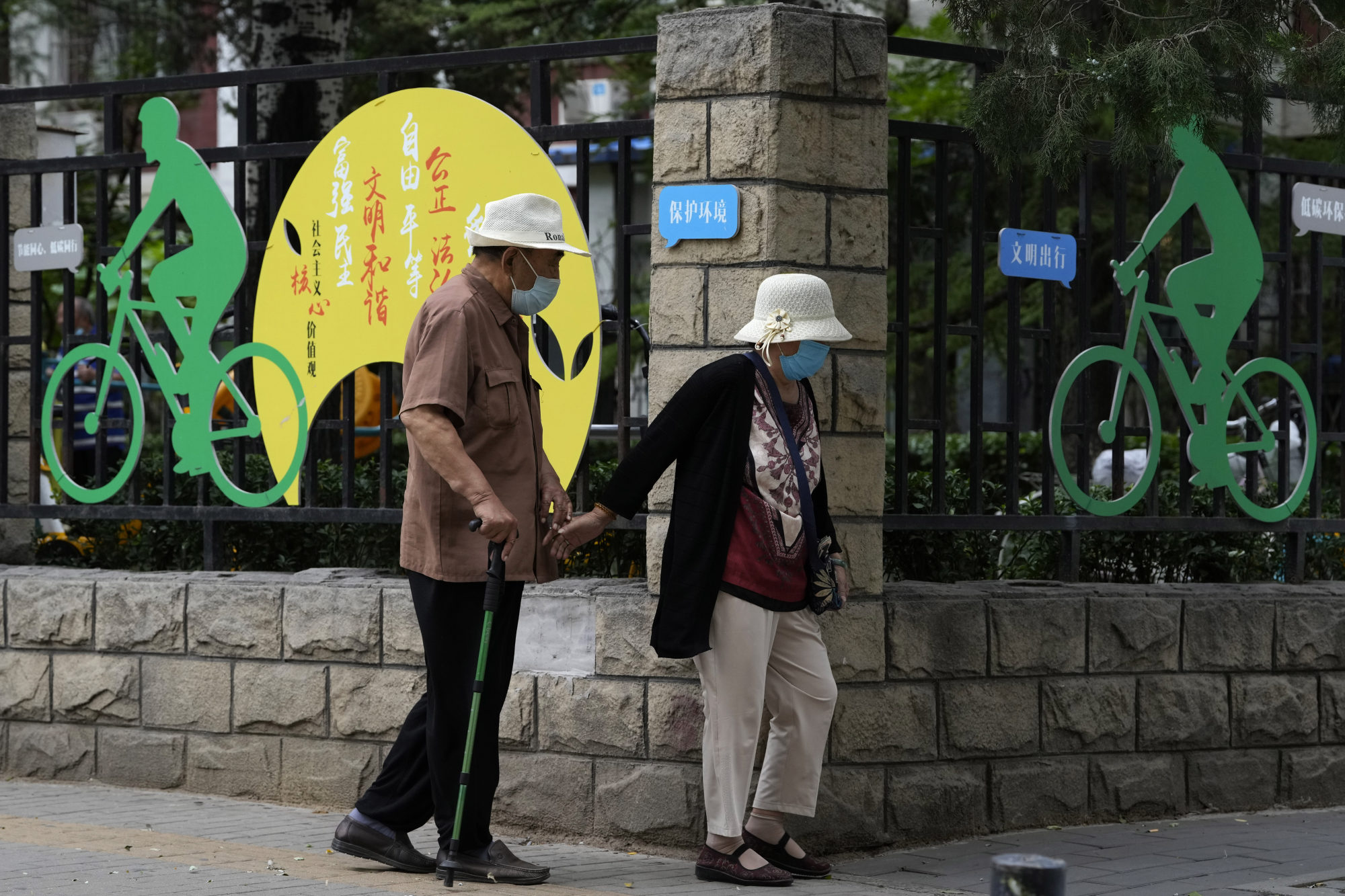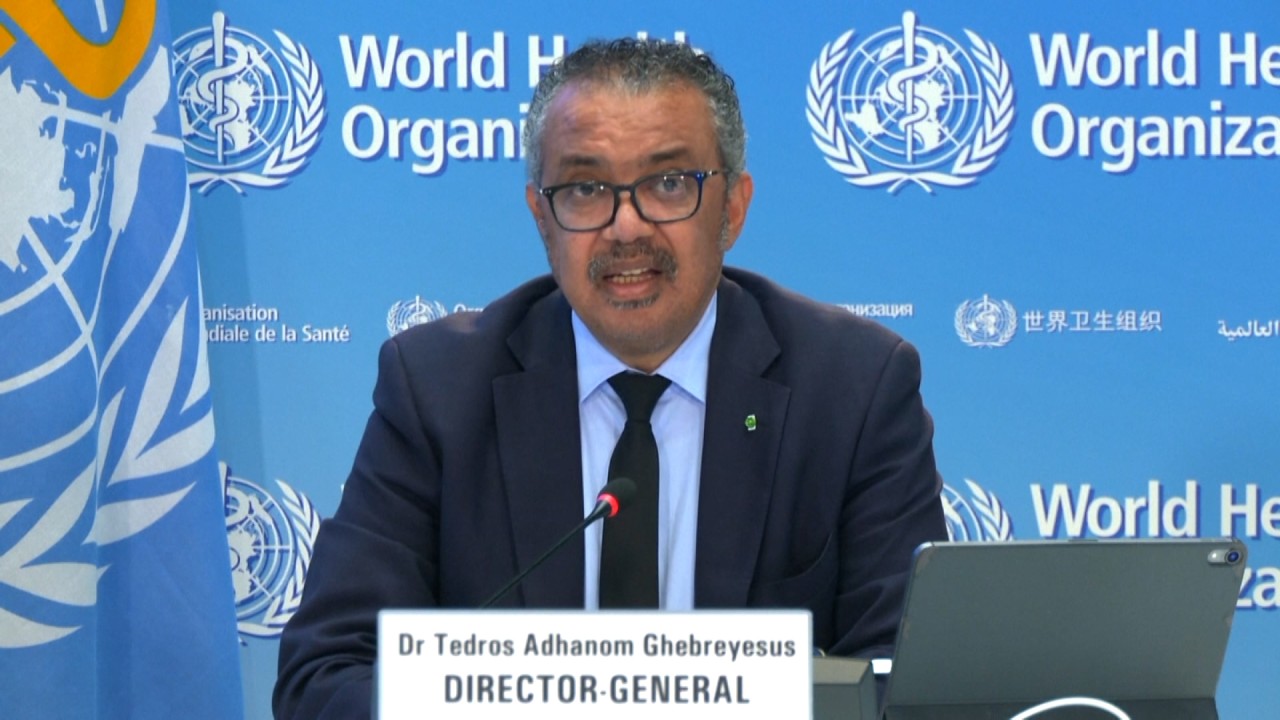
Guiyang’s zero-Covid tragedy evokes China’s old mantra of putting politics in command
- The bus crash killed 27 people, triggering an outpouring of anger and grief at a zero-Covid policy that looks set to stay until March at the earliest
- Stamping out outbreaks to reach the fabled goal of ‘societal zero-Covid’ has become an absolute political imperative, to be achieved whatever the cost

Many rightly questioned why the bus, which crashed at about 2.40am, had been allowed to transport people at such an ungodly hour, as China’s traffic laws apparently forbid long-distance passenger buses from being on the road between 2am and 5am.
Others lamented that such a tragedy could have happened anywhere in the country, as officials at all levels remain hell-bent on eliminating cases at any cost in pursuit of the fanciful goal of “societal zero-Covid” – which basically means that new infections should be contained among people already under quarantine so the virus is no longer spreading at the community level.
China’s fatal bus crash sparks online outcry over Covid-19 controls
Paltry numbers, you may think – especially by global standards. But even this small-scale outbreak was more than enough for city officials to go into overdrive with extreme virus suppression measures such as lockdowns and mass testing.
Since the pandemic started, Guiyang has registered just one death caused by Covid-19. The 27 people killed in this month’s crash have not been included in the official count.
City authorities have argued that they had no choice but to bus residents hundreds of kilometres across the province because they had run out of quarantine facilities in the city.
A tragedy that could have been easily avoided
A day after the tragic crash, Guiyang announced it had achieved the goal of societal zero-Covid – a goal it set itself just days before.
Guiyang’s tragedy is made worse by the fact that it could have been easily avoided if officials had simply applied some common sense and allowed home quarantine.
But like elsewhere in the country, city officials have been under immense pressure to contain fresh outbreaks as soon as possible. The goal of societal zero-Covid has become a political task they cannot fail.
What you need to know about China’s 20th Communist Party congress
It has been equally vocal about China’s success in containing the spread of the virus highlighting the superiority of its political system over Western democratic models.
Chinese leaders have long argued that their zero-Covid policy is the most effective way to handle the pandemic, with the lowest economic costs and minimal disruption to people’s lives.

Those arguments might have been valid in the first two years of the pandemic. China’s economy initially recovered much faster than anywhere else in the world and despite the tight controls, its zero-Covid policy won much popular support for saving lives – particularly of the elderly and vulnerable.
But there is no clear exit strategy for China and its people, as the government is widely expected to stick to zero-Covid until at least March next year when the current political cycle will come to an end. After next month’s 20th national congress to approve the new line-up of party leaders, the annual session of the National People’s Congress is due in March to elect a new cabinet and confirm Xi as state president for another five-year term.


